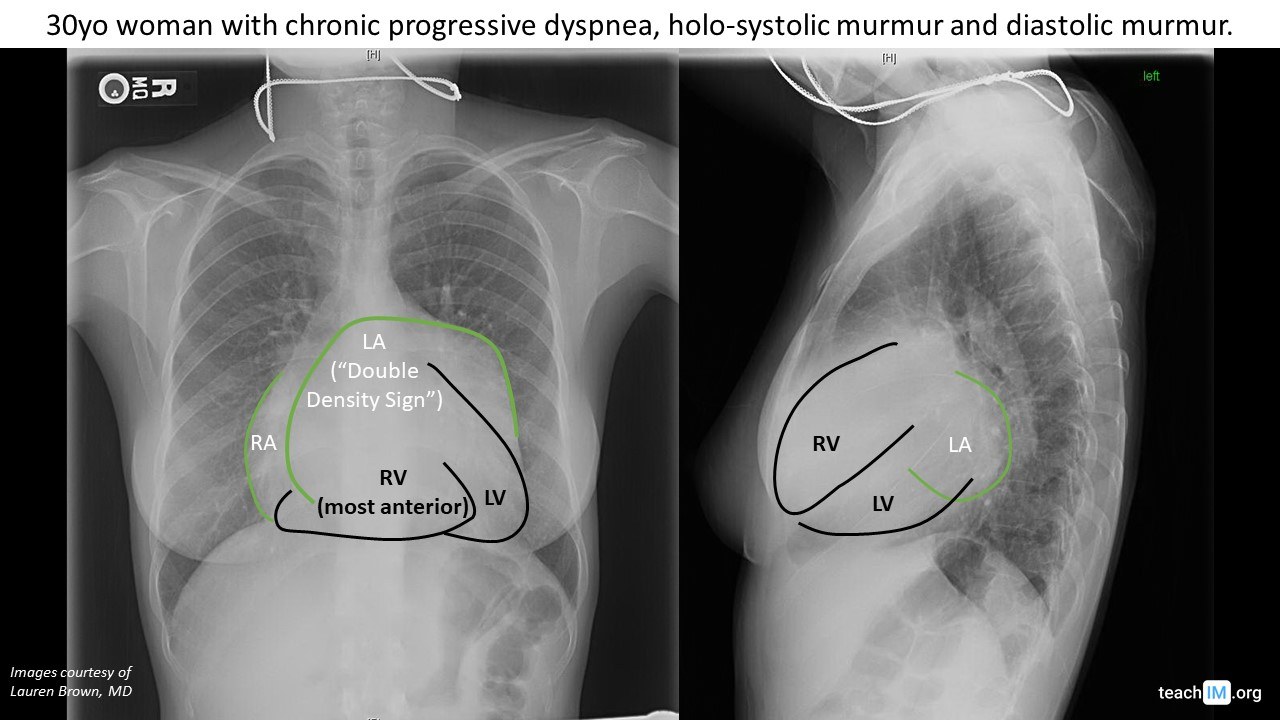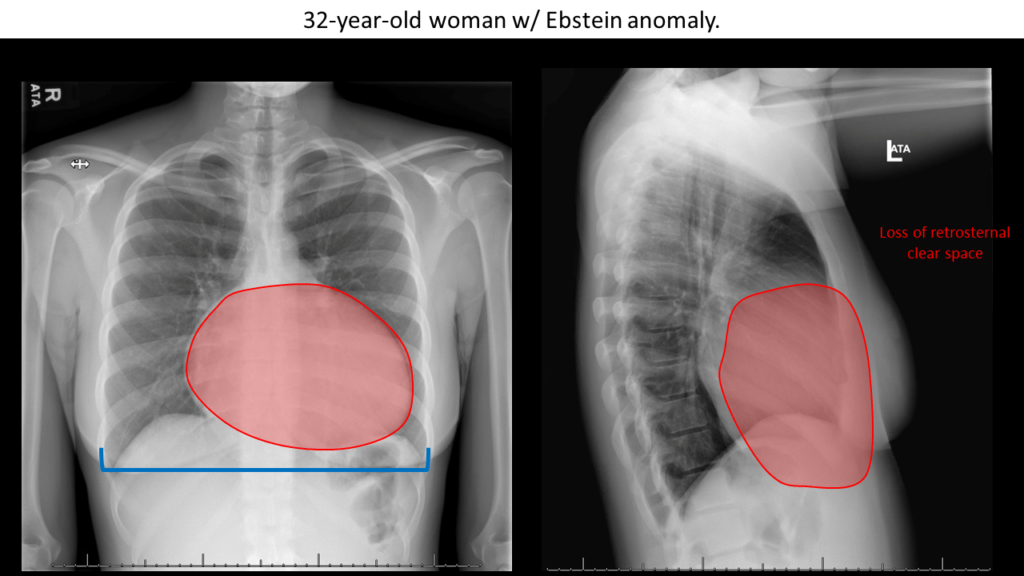An enlarged heart, also known as cardiomegaly, is a condition where the heart becomes larger than its normal size. While it is not a disease in itself, it often signals an underlying health issue that requires attention. Cardiomegaly can affect the heart’s ability to pump blood effectively, leading to serious complications if left untreated. This article provides a comprehensive overview of what an enlarged heart is, its potential causes, how it is diagnosed, and the care required to manage this condition.

What is an Enlarged Heart?
The human heart is a muscular organ responsible for pumping blood throughout the body. Under normal circumstances, the heart maintains a specific size to function efficiently. However, certain conditions can cause the heart to enlarge, either due to the thickening of its walls or the stretching of its chambers. When this happens, the heart may struggle to pump blood properly, which can lead to fatigue, shortness of breath, and other symptoms.
It is important to note that an enlarged heart is not always obvious. Many people may have this condition without experiencing noticeable symptoms, making regular medical check-ups essential for early detection.
Causes of an Enlarged Heart
An enlarged heart can result from various factors, ranging from lifestyle choices to underlying medical conditions. Below are some common causes:
High Blood Pressure
When blood pressure remains consistently high, the heart has to work harder to pump blood throughout the body. Over time, this increased workload can cause the heart muscle to thicken, leading to enlargement.
Heart Valve Problems
The heart contains valves that ensure blood flows in the correct direction. If these valves become damaged or diseased, they may not function properly, causing the heart to enlarge as it tries to compensate for the inefficiency.
Coronary Artery Disease
This condition occurs when the arteries supplying blood to the heart become narrowed or blocked due to plaque buildup. Reduced blood flow can weaken the heart muscle, causing it to enlarge over time.
Cardiomyopathy
Cardiomyopathy refers to diseases of the heart muscle. These conditions can cause the heart to become enlarged, thickened, or rigid, impairing its ability to pump blood effectively.
Fluid Around the Heart
Excess fluid accumulation around the heart, known as pericardial effusion, can put pressure on the heart and lead to enlargement.
Thyroid Disorders
Both an overactive thyroid (hyperthyroidism) and an underactive thyroid (hypothyroidism) can contribute to an enlarged heart by affecting the body’s metabolism and placing additional strain on the heart.
Obesity
Excess body weight forces the heart to work harder to supply blood to the entire body. This increased demand can eventually lead to an enlarged heart.
Alcohol and Drug Abuse
Excessive alcohol consumption and the use of certain drugs, such as cocaine, can weaken the heart muscle and cause enlargement.
Symptoms of an Enlarged Heart
While some individuals with an enlarged heart may not experience any symptoms, others may notice the following signs:
- Shortness of breath, especially during physical activity or when lying down
- Fatigue and weakness
- Swelling in the legs, ankles, or feet
- Irregular heartbeat or palpitations
- Chest pain
- Dizziness or fainting
If you experience any of these symptoms, it is crucial to consult a healthcare professional for proper evaluation and diagnosis.
Diagnosing an Enlarged Heart
Diagnosing an enlarged heart typically involves a combination of physical examinations, medical history reviews, and diagnostic tests. Below are some common methods used by healthcare providers:
Physical Examination
A doctor may detect signs of an enlarged heart during a routine physical exam. They will listen to your heart with a stethoscope to check for abnormal sounds, such as murmurs, which could indicate valve problems or other issues.
Chest X-Ray
A chest X-ray provides a clear image of the heart and lungs. It can reveal whether the heart is larger than normal and help identify any fluid buildup in the lungs, which may be a sign of heart failure.
Electrocardiogram
An electrocardiogram records the electrical activity of the heart. This test can detect irregular heart rhythms, signs of a previous heart attack, or abnormalities in the heart’s structure.
Echocardiogram
An echocardiogram uses sound waves to create detailed images of the heart. This test allows doctors to assess the size and shape of the heart, evaluate its pumping function, and identify any structural abnormalities.
Magnetic Resonance Imaging
Magnetic resonance imaging provides highly detailed images of the heart and surrounding structures. It is particularly useful for assessing the extent of heart enlargement and identifying underlying causes.
Blood Tests
Blood tests can help identify conditions that may contribute to an enlarged heart, such as thyroid disorders or infections.
Treatment and Care for an Enlarged Heart
Treatment for an enlarged heart focuses on addressing the underlying cause and managing symptoms to prevent further complications. The specific approach depends on the severity of the condition and the patient’s overall health. Below are some common treatment options:
Lifestyle Changes
Making healthy lifestyle choices is essential for managing an enlarged heart. These changes may include:
- Adopting a heart-healthy diet low in salt, saturated fats, and cholesterol
- Engaging in regular physical activity, as recommended by a healthcare provider
- Quitting smoking and avoiding secondhand smoke
- Limiting alcohol consumption
- Maintaining a healthy weight
Medications
Depending on the underlying cause, medications may be prescribed to manage symptoms and improve heart function. Common medications include:
- Diuretics to reduce fluid retention and ease the workload on the heart
- Beta-blockers to slow the heart rate and lower blood pressure
- Angiotensin-converting enzyme inhibitors to relax blood vessels and improve blood flow
- Anticoagulants to prevent blood clots
Medical Procedures
In some cases, medical procedures may be necessary to treat an enlarged heart. These may include:
- Implantable devices, such as pacemakers or defibrillators, to regulate heart rhythm
- Heart valve repair or replacement surgery to address valve-related issues
- Coronary artery bypass surgery to improve blood flow to the heart
Heart Transplant
For severe cases where other treatments have failed, a heart transplant may be considered. This procedure involves replacing the damaged heart with a healthy donor heart.
Preventing an Enlarged Heart
While not all cases of an enlarged heart can be prevented, adopting a healthy lifestyle can significantly reduce the risk. Some preventive measures include:
- Managing high blood pressure through diet, exercise, and medication if necessary
- Controlling diabetes and maintaining healthy blood sugar levels
- Avoiding excessive alcohol consumption and recreational drug use
- Getting regular medical check-ups to monitor heart health
Living with an Enlarged Heart
Living with an enlarged heart requires ongoing care and attention. Patients should work closely with their healthcare team to develop a personalized management plan. Regular follow-up appointments are essential to monitor the condition and make adjustments to the treatment plan as needed.
Additionally, joining support groups or connecting with others who have similar conditions can provide emotional support and practical advice for managing daily life with an enlarged heart.





